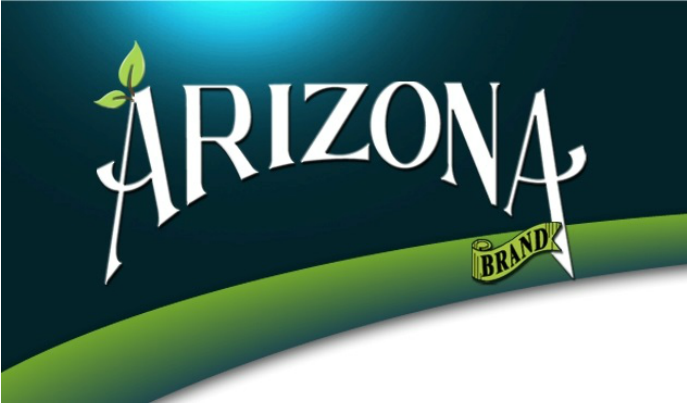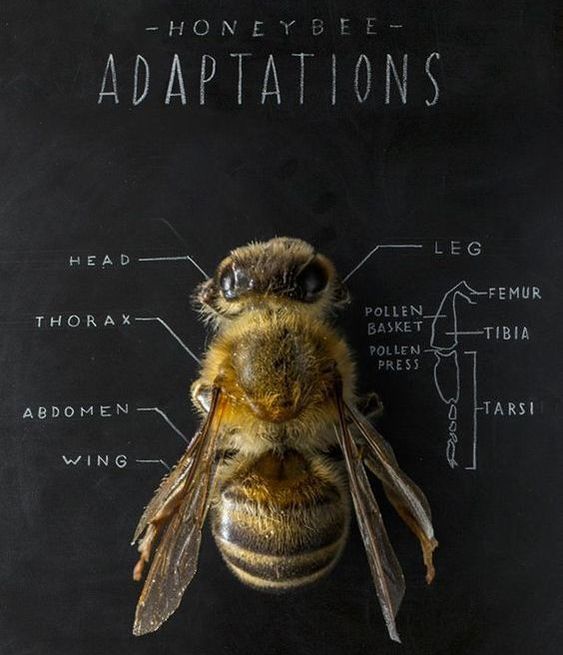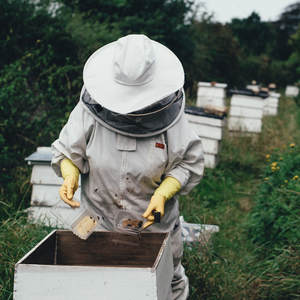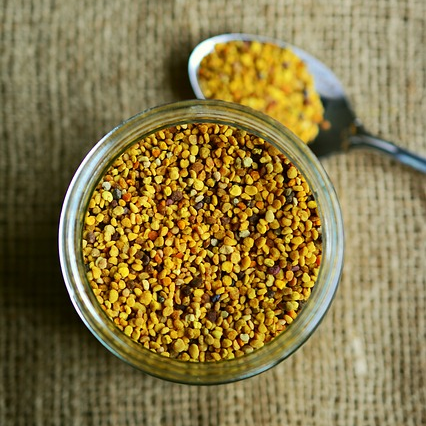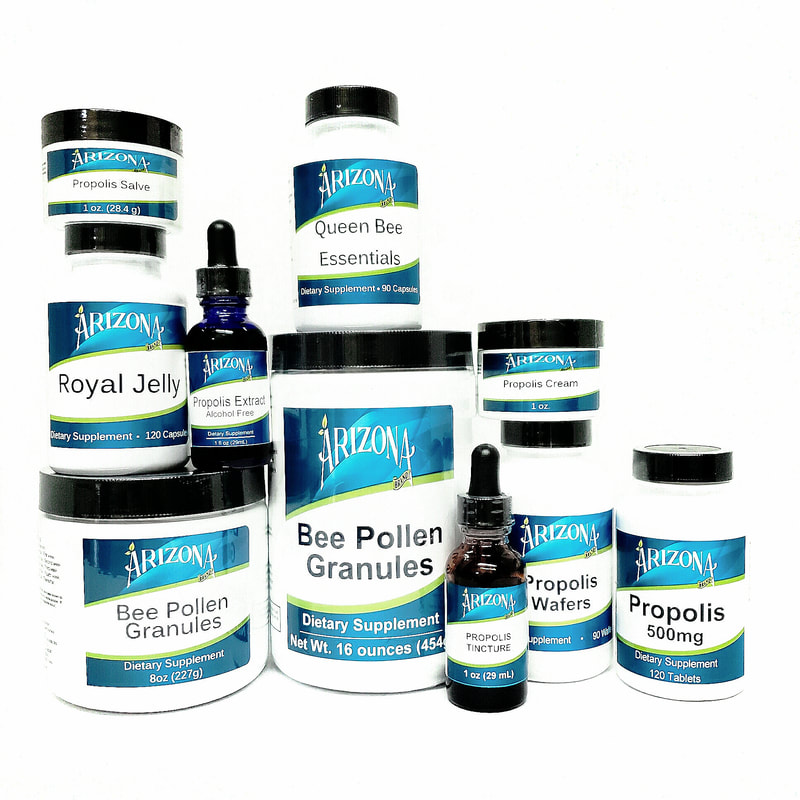This also doesn't include the immensely beneficial bee products that are able to be harvested from the bee hive such as honey, propolis, royal jelly and pollen.
Bee Products
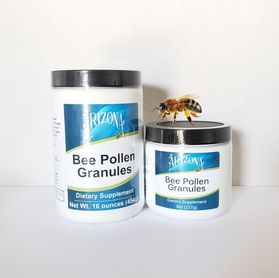
Pollen grains differ in size, shape and weight even color ranging from bright yellow to black all depending on the plant type (see photo above). While it is obvious that the chemical compounds of Bee Pollen can vary depending on the plant from which it was gathered, you can be sure that pollen contains essentials nutrients such as proteins, amino acids, fatty acids, lipids, phenolics, enzymes, coenzymes, flavonoids, vitamins and minerals.
Bee Pollen has also been proposed as a valuable dietary supplement. Especially in recovery periods, aiding to increase the physical and mental state of those who experience stress and overworking, giving an added boost of vitamins and minerals to the immune system. Most individuals who take bee pollen as a dietary supplement will do so by sprinkling the granules on their cereal, maybe dissolve it in their water so simply by swallowing a given amount.
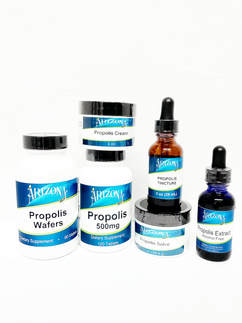
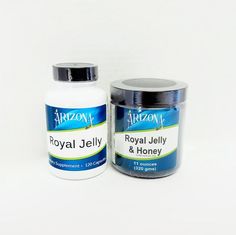
Bee Pollen Granules - 16oz (454g)
Pollen is the male germinating seed collected by the Honey Bee as it goes from plant to plant gathering nectar that will be converted to honey once they are back to their hive. They carry the pollen on their hind legs in specialized structures called Pollen Baskets or "Corbiculae" in Latin. Pollen traps located to the entrance of the hive are used to collect parts of the Pollen basket, making sure to leave some for the bee as well. In return, it helps to mobilize the bee by increasing the number of field bees and number of gathering flights. Pollen grains differ in size, shape and weight, even color, ranging from bright yellow to black, all depending on the plant type.
While it is obvious that the chemical compounds of Bee Pollen can vary depending on the plant from which it was gathered, you can be sure that pollen contains essentials nutrients such as proteins, amino acids, fatty acids, lipids, phenolics, enzymes, coenzymes, flavonoids, vitamins and minerals.
Bee Pollen has also been known as a valuable dietary supplement. Especially during recovery periods, Bee Pollen aids to increase the physical and mental state of those who experience stress and overworking and to give the immune system a boost.
Bee Pollen sprinkled on cereal, dissolved in juice or taken any number of ways can add essential nutrients to your diet.
Additional Information:
1. The honey bees greatest importance is as a crop pollinator, estimating $15 billion in added crop value.
2. The nectar bees collect is converted into honey, their primary source of carbohydrates.
3. An average size bee colony is made up about 20,000 bees and collects an average of 125 pounds of pollen per year.
4. Photographs from ancient tombs can be seen in the Metropolitan Museum of Art depicting Beekeeping and honey foraging.
Ingredients: Bee Pollen
Our Bee Pollen also comes in 500mg capsules, 500mg tablets and 1500 mg tablets.
Find our other bee products: Propolis, Royal Jelly and Queen Bee Essentials.
Read our Blog Post on Honeybees, Honeybee Herbs, and A Brief History of Natural Products.
Propolis 500mg - 60 Capsules
Propolis is a plant derived resinous product that foraging bees produce by collecting resin from plant buds and other plant tissues. It is mixed with their wax and pollen into a malleable compact substance used to repair their hive. Propolis contains important vitamins, useful minerals, enzymes, fatty acids and organic compounds. Bees use the substance to seal holes and cracks while smoothing the internal surface of their beehives.
Additional Information:
1. Propolis is of Greek origin; "pro" meaning in [front of/ in defense of] and "polis" meaning [city]
2. Commonly called "Bee Glue."
3. In its raw form cool propolis is hard and breakable, when warm it is flexible and very sticky.
Ingredients: Propolis
Propolis is available in several forms. 500mg tablets or capsules, Wafers, Alcohol-free Extract, Tincture, Salve, and Cream.
Explore our other bee products: Bee Pollen, Royal Jelly and Queen Bee Essentials
Read our Blog Posts: Honeybees, Honeybee Herbs, A Brief History of Natural Products.
Royal Jelly - 90 Capsules
Royal Jelly is a yellowish-white substance secreted from the honey bees salivary glands. In it can be found amino acids, enzymes, vitamins, phenolics, minerals, fatty acids, bio-active compounds and proteins. The most and main abundant protein is known as Royalactin.
Along with our other Bee products, the valuable nutrients found in Royal Jelly are essential to nutritional support and maintaining health. A wellness boost if you will.
Additional Information:
1. Royal Jelly is exclusively fed to Queen Bees and newly hatched larvae.
2. Princess Diana was documented in using Royal Jelly throughout her pregnancies.
July 2018 Study done by the University of Arizona on Queen Bees and their Royal Jelly states:
"The study suggests that royal jelly, which enhances the growth of queen-specific gut microbes, sets the queen on a trajectory toward a much longer life.."
and
"...The workers will feed her only royal jelly, which they produce in specialized glands. You can think of royal jelly as a type of super food, the bee's equivalent of breast milk, supporting beneficial bacteria and containing antimicrobial peptides...
Read the article here: https://uanews.arizona.edu/story/queen-bees-and-microbial-fountain-youth
Read our Blog Posts: Honeybees, Honeybee Herbs, A Brief History of Natural Products and Royal Jelly and Honey
Also available - 11 oz. jar of Royal Jelly & Honey, or Queen Bee Essentials. You can find our other Bee Products in: Bee Pollen, and Propolis
Ingredients: Royal Jelly
Propolis Cream - 1oz (28g)
Sold out
Propolis is a plant derived resinous product that foraging bees produce by collecting resin from buds and other plant tissues. It is mixed with their wax and pollen into a malleable compact substance used to repair their hive. Propolis contains important vitamins, useful minerals, enzymes, fatty acids and organic compounds. Bees use the substance to seal holes and cracks while smoothing the internal surface of their beehives.
Additional Information:
1. Propolis is of Greek origin; "pro" meaning in [front of/ in defense of] and "polis" meaning [city]
2. Commonly called "Bee Glue."
3. In its raw form cool propolis is hard and breakable, when warm it is flexible and very sticky.
Ingredients:Propolis, Vitamin E and Aloe Vera to soothe and moisturize the skin.
Our Propolis is available in several forms. 500 mg tablets , 500mg capsules, Wafers, Alcohol-free Extract, Tincture, and Salve.
Explore our other bee products: Bee Pollen, Royal Jelly and Queen Bee Essentials
Read our Blog Posts: Honeybees, Honeybee Herbs, A Brief History of Natural Products.
Spend $75.00 and receive FREE SHIPPING!!
